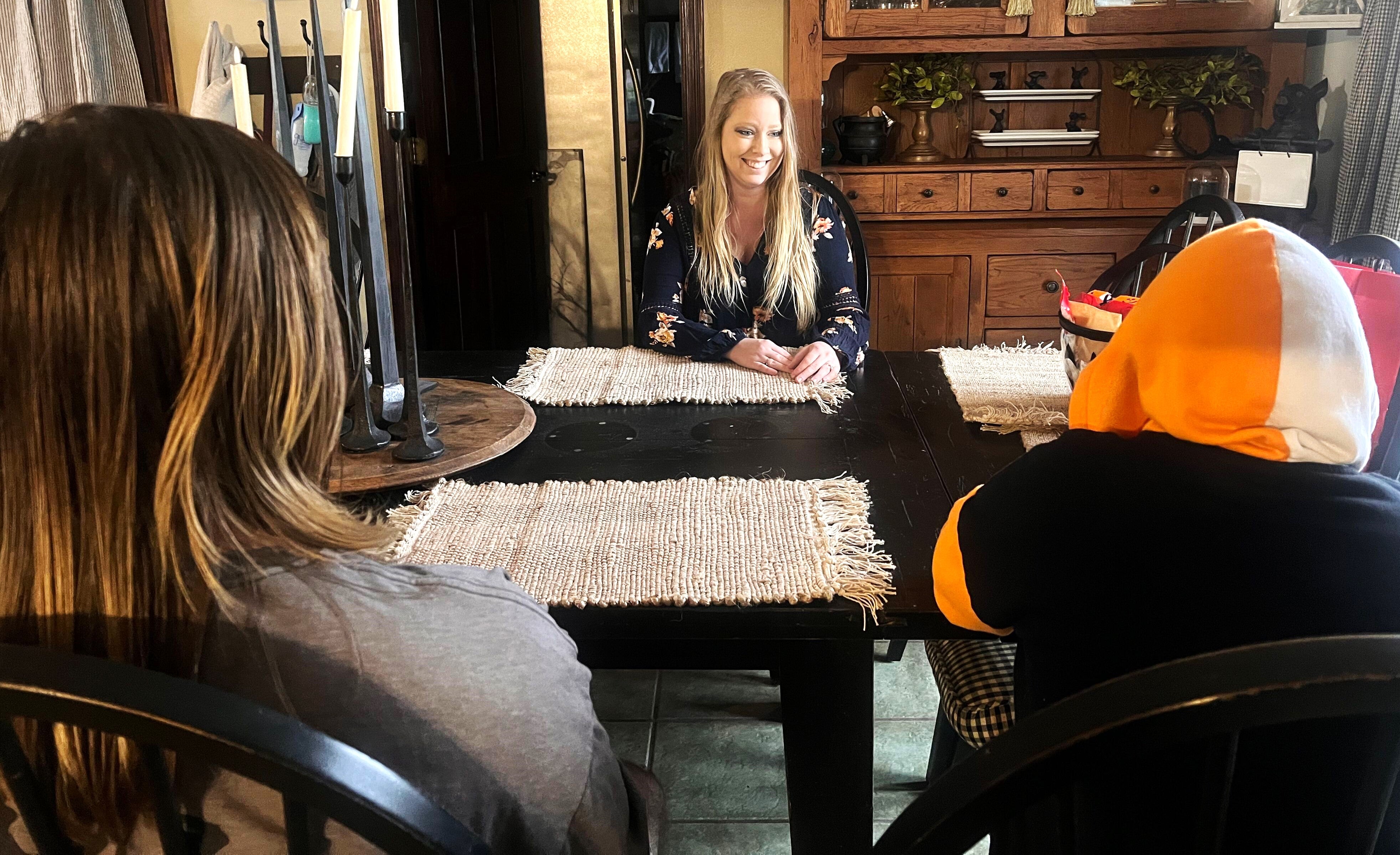AMI Kids helps Crenshaw County youth, families overcome barriers toward more positive future
Published 8:36 pm Wednesday, November 2, 2022
The national nonprofit AMI Kids recognizes there is potential born into every child, even the troubled ones.
Since 2018, this knowledge has formed the “why” inspiring AMI counselors to help kids involved with eight Alabama juvenile courts, including those in Crenshaw, Butler, and Lowndes counties.
“I truly enjoy the moment when I hear from a family that they are using the skills that I’ve taught them,” reflected Functional Family Therapist Jamelyn Hughes. “Before we started, they would have handled a challenging situation differently. When I hear them say they talked about their feelings and are communicating so much better, getting along better, and solving problems on their own, the reward is even greater.”
According to regional director and licensed clinical social worker, Korah Skuce, AMI offers comprehensive services nationwide, from preventative to residential programs.
AMI partners with the Alabama Department of Youth Services to offer family services like Functional Family Therapy, a nationally-recognized, family- and community-based model designed to reduce recidivism rates and provide a return on the community’s investment.
The interconnected approach serves both the youth and their families, Skuce noted.
“The entire family is involved in every session,” she described. “We work with the family members to address the family dynamics that may be impacting poor decision-making and/or delinquent behaviors.”
AMI counselors identify creative and individualized ways to connect with and motivate families, teaching them skills needed to manage their own crises, problem solve, and communicate more effectively.
Crenshaw County District Judge Tom Sport encounters around 70 youths each year who are impacted by broken homes, substance abuse by their parents, and criminal charges. He talks with kids and parents and tries to mitigate the situation before it escalates to a criminal offense.
“You want to do so much to try to stop the [cycle],” Sport declared. “I’ve talked with kids who tell me they don’t want to be [in trouble.] But I don’t think they know how without a service showing them how.”
Sport can refer these youth to AMI or other services like South Central Alabama Mental Health Center.
Hughes works with youth impacted by extreme poverty and the absence of one or both parents from the home, she said. She works to connect families with community action programs to meet tangible needs too and has helped families locate furniture, clothing and food.
“I help them identify the needs within their family,” she explained. “And then I find ways to teach them the skills which match the family and their relational functions. We practice it until they get it and then I teach them how to continue using the skills.”
In 2020, 76% of families referred to AMI completed FFT. Of those, 77% remained crime free a year later.
“By utilizing FFT, there’s less reliance on state emergency services like 911, law enforcement, psychiatric hospitals, and detention centers,” Skuce explained. “Youth and families that complete the FFT model show improvement in academic attendance and graduation rates. We get reduction of out of home placements, substance use, and mental health symptoms, and so [we see] less re-offenses once [youths] complete the program.”
For more than 50 years, counselors have helped more than 150,000 kids overcome barriers. AMI and court officials work together as advocates for youth, guiding families toward a more positive future.
“I tell families, ‘I’m here for all of you,’” Hughes said. “I tell them I’m there to listen and to support them. I remind them I want to be there and we can do this together. I say, ‘I’m here for as long as it takes.’ I take my phone to bed with me. They can call me any time.”
To learn about available youth services or becoming a community partner, contact AMI Kids at (334) 312-2302 or visit amikids.org.






